Drew University
- University
- College
- Co-educational private schools
- english
About the Drew University
Drew University is a private university founded in 1867 and located in Madison, New Jersey, USA. The institution was originally established as Drew Theological Seminary and later expanded into a full-fledged university, which now includes several schools: College of Liberal Arts and Sciences, School of Theology, and School of Continuing Education. The university was named in honor of financier and philanthropist Daniel Drew, who provided significant financial support for its establishment. Drew University is proud of its rich history, academic achievements, and alumni who have made contributions to various fields. Educational Philosophy and Teaching Approaches Drew University adheres to the principles of interdisciplinary learning, encouraging students to develop a broad perspective and critical thinking. The institution emphasizes individualized learning, small classes, and close work with faculty. The university believes in active student participation in the academic process through research, internships, and social activities. The main approach is to prepare students for successful careers and life in a globalized world, combining theoretical knowledge with practical skills. Role and Significance of the Institution Drew University plays an important role in the educational system of the USA and the world, providing high-quality education based on humanistic principles and progressive learning. The School of Theology, for example, is considered one of the leading institutions in the country, influencing the development of religious education. Through programs like Civic Engagement, university students actively participate in the life of local communities and contribute to solving global issues. Drew supports international exchange programs, attracting students from around the world and creating a truly global educational environment.
MoreLoading...
Admission conditions in Drew University
Taking exams: SAT/ACT: the results of one of these exams are mandatory for admission. Age: Admission is possible for students over 17 years old (usually after completing high school or equivalent). Application: You can apply through Common Application or Coalition Application (online platforms for submitting documents to US universities). The application fee is $40. High school diploma: A high school diploma is required. For foreign students: the diploma must be translated into English by a certified translator. Recommendations: Two recommendation letters from teachers or school administrators are required. Transcript: An academic transcript with grades, including interim and annual reports, is required. Financial documents: For foreign students, proof of sufficient funds to cover the cost of tuition and living expenses is required. Providing a bank statement or similar financial document to confirm the ability to pay for education. Tests for foreign students: Foreign applicants are required to submit results from the TOEFL, IELTS, or Duolingo English Test if English is not their native language. Personal essay: Applicants must write a personal essay (usually the essay topic is provided as part of the application through Common App or Coalition App). Additional documents: Some programs may require a portfolio or additional creative work (if admission is related to creative specialties).
MoreMinimum rating for admission to Drew University
The minimum rating for admission to Drew University depends on a number of factors, including academic indicators such as grade point average (GPA) and standardized test scores. Grade Point Average (GPA): Drew University prefers applicants with a high school GPA between 3.0 and 3.5 on a 4.0 scale. However, this varies depending on the program and other achievements of the candidate. SAT/ACT scores: SAT: A score in the range of 1150-1340 is usually required for admission. ACT: A score in the range of 24-30 is expected. The institution takes a comprehensive approach when reviewing applications, considering academic and extracurricular achievements, essays, recommendations, and other aspects.
MoreProspects after completing studies in Drew University
Completion of studies at Drew University opens up broad prospects for graduates. The university prides itself on providing students with a strong academic background and practical experience, which helps them compete successfully in the global job market. Graduates of Drew University often receive offers from leading companies, government institutions, and non-profit organizations. Many continue their education in prestigious master's and doctoral programs, such as Harvard, Princeton, Yale, and other top universities. Key areas for graduates include business, finance, healthcare, law, science, as well as arts and humanities. Internship programs and an extensive alumni network provide additional support and mentorship. The university focuses on developing critical thinking, leadership qualities, and flexibility, which helps its graduates adapt to a rapidly changing world and achieve success in their careers and personal lives.
MoreTitle | Age | Period |
|---|---|---|
| Academic English courses | 16+ | 1 semester |
| International Year One (english) | 17+ | 1 year |
| Bachelor's Degree program in English | 18+ | 1 year |
| University Pathway Programme (english) | 17+ | 1 year |
Leave a review
Loading...

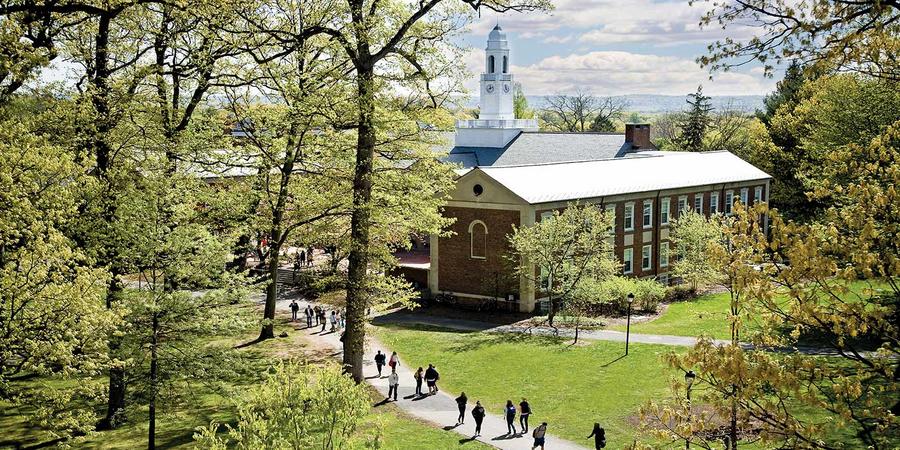
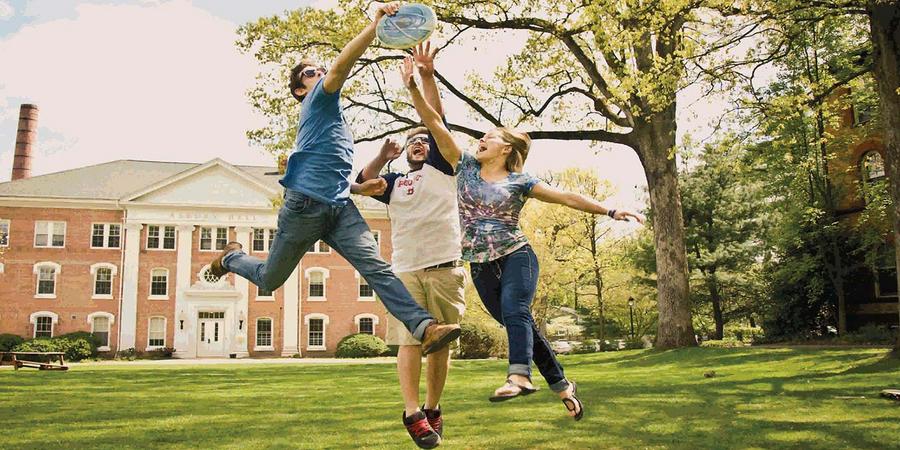
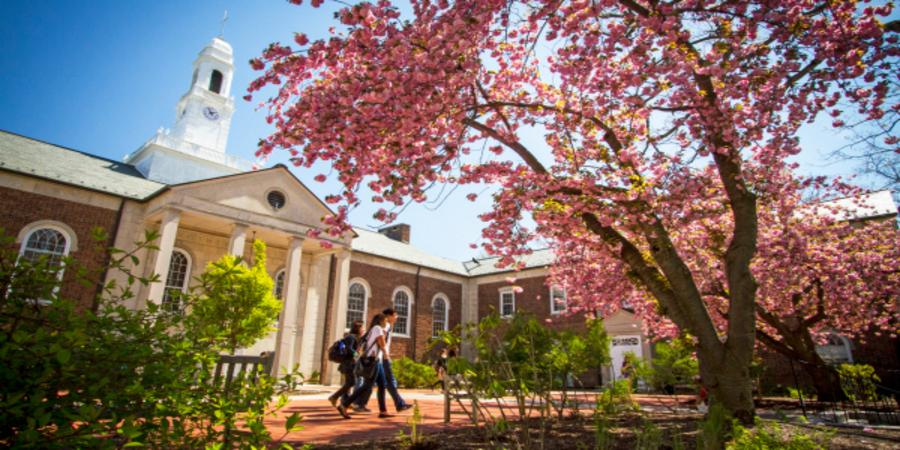
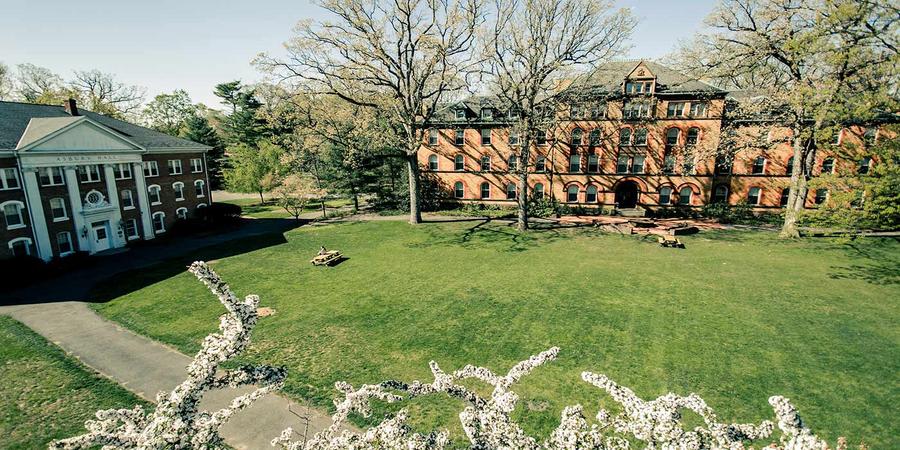
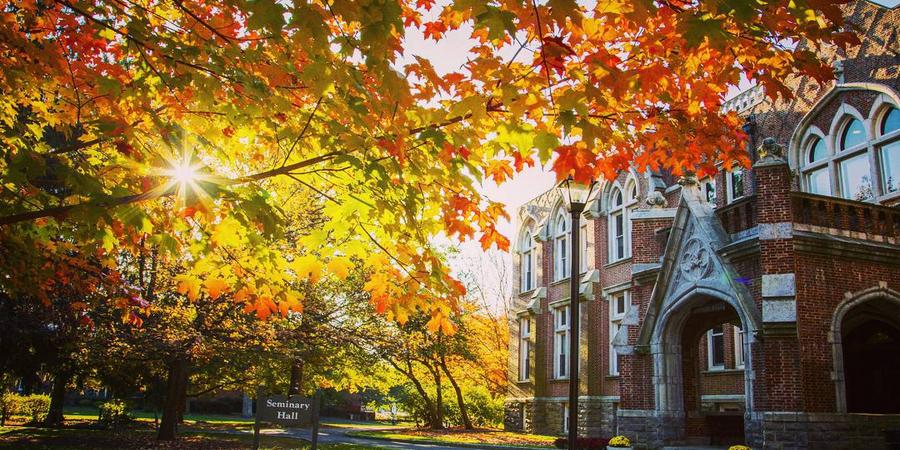
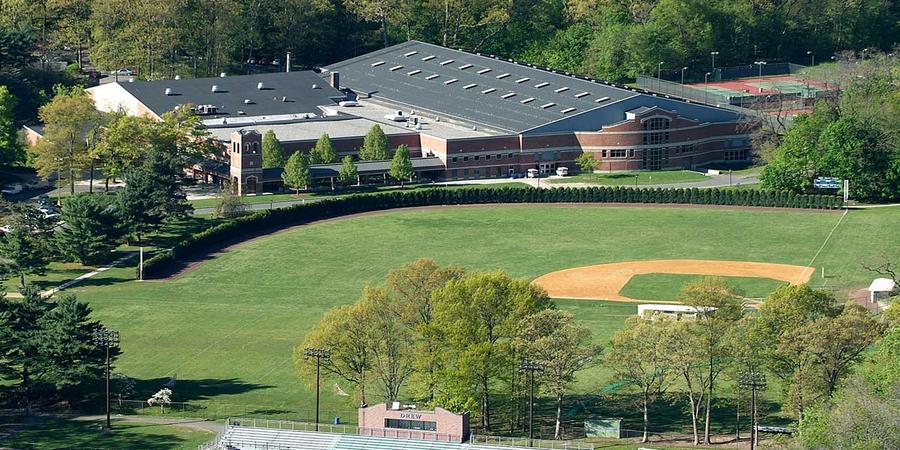
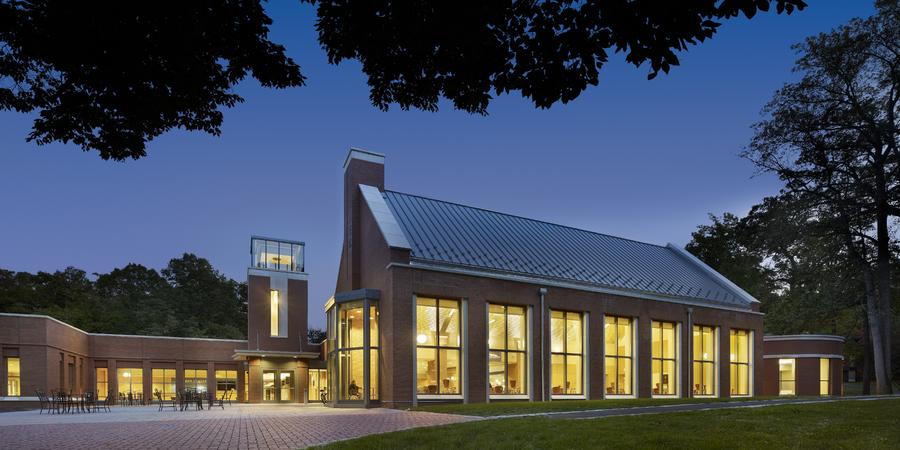
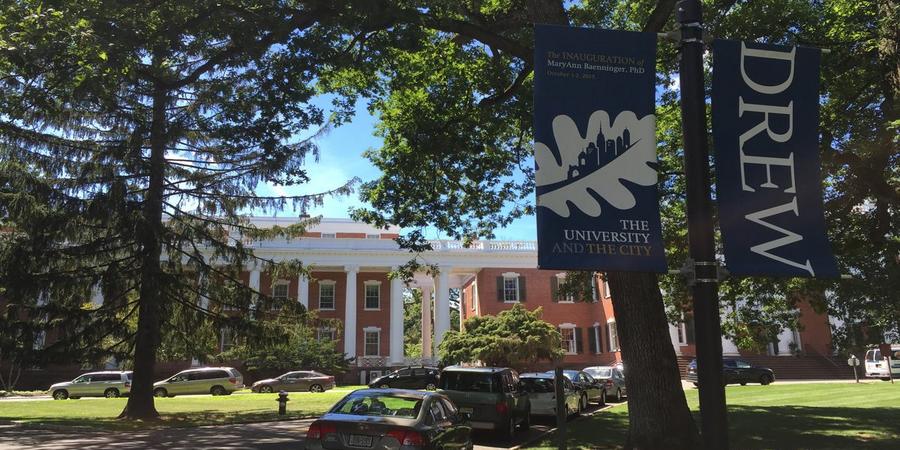




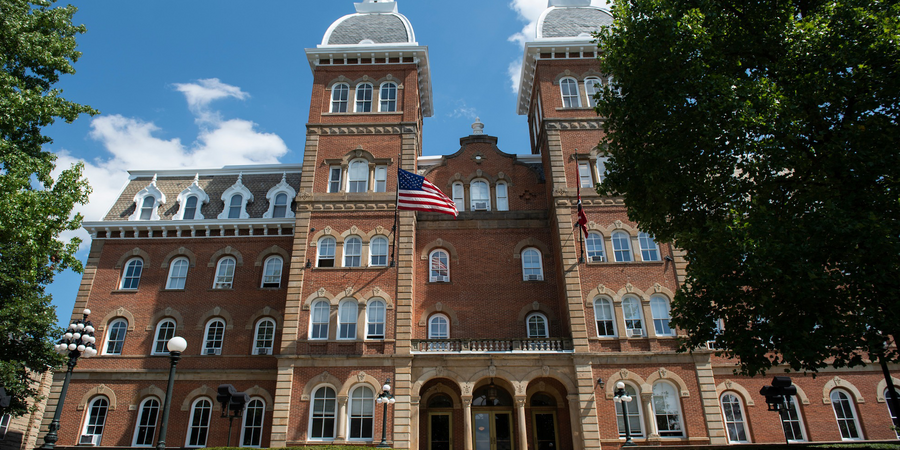

Reviews
I will advise INTO Drew University to anyone who likes to learning through practice, so not to read textbooks and spend more time on actual practical work. We don’t have any textbooks either - a list of recommended literature, audio lectures and presentations, a lot of things are posted online, so you can do it everywhere. However, attendance is monitored, just the format of lectures and other classes. I chose Drew for a double degree: my specialty was developed by two universities (+ Duke University), so I will either have two diplomas, or both of these universities are written in the document, which is an additional plus in the CV. I get a specialty (Bachelor) "Management and Environmental Protection": here it is very popular. My curator also advised to pay attention to Canada: they are jealous of their nature, because such professionals are very appreciated. I am glad that I chose a specialty to stay abroad to work.
Read in fullHe graduated from Drew University a year ago. He studied at the Faculty of English language and literature. Despite the fact that recently the university began to offer new directions, I believe that Drew is still more of a humanitarian university. It's also interesting that Drew has some very specific majors that you won't find at other universities. On the one hand, this is a plus, and you can meet quite specific people at the university. On the other hand, if you, for example, want to change your place, it will be difficult to continue your studies in another place in the same direction. Drew offers very good accommodation. The residences are clean, with good modern furniture. The university is not cheap, but very colorful, the time when I studied there, I remember well.
Read in fullDrew is an excellent liberal arts institute. We learned about this university at the Smaps educational exhibition. We were looking for a university for our son, he was in the 10th grade and wanted to study anthropology or archeology. At that time, the university had a Russian-speaking representative who showed us a virtual tour of the university and told us about the specialties that interested my son. I liked that it was possible to immediately enter the university for the first year, provided that a sufficient number of points were collected. My son had good English. With 110 points on the TOEFL, he was accepted immediately into the first year. The greatest value of the university, in our opinion, is its small size and maximum level of support. Despite the fact that we have a rather specific direction, my son had a very well-organized practice. Several times they were sent on expeditions to Ecuador.
Read in fullA small but state-of-the-art university. They chose him together with his daughter, who studied there at the Faculty of Journalism. During her studies, I went to her many times, and always noticed that she was very passionate about her university life. I have always been surprised that despite the fact that there are very few students at the university, they are offered such a large selection of clubs. My daughter, to our great surprise, became professionally engaged in fencing and was engaged in it until graduation. She also went to free fitness classes, though she quickly abandoned it, as there was not enough time. As for training, I can't say much, but in the first year my daughter told us that studying is difficult and you have to do a lot of extra work, but from the second semester she has already got involved.
Read in full